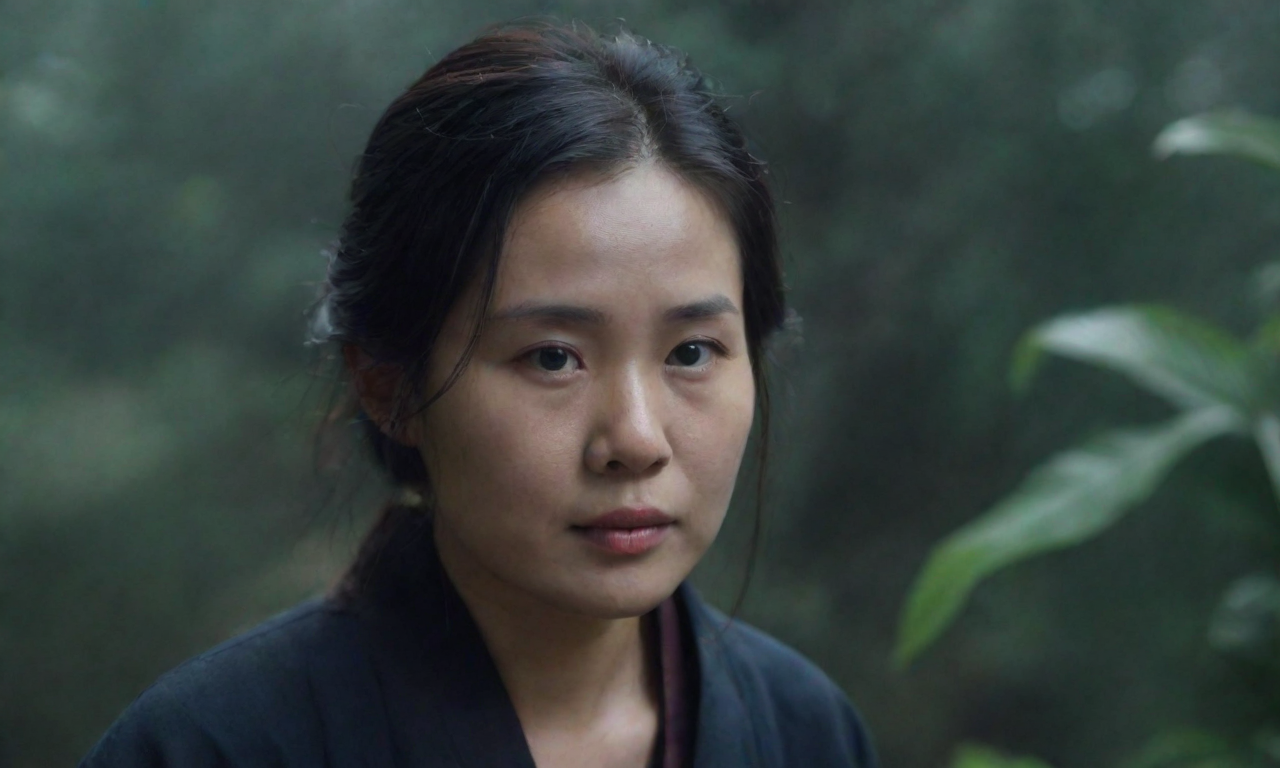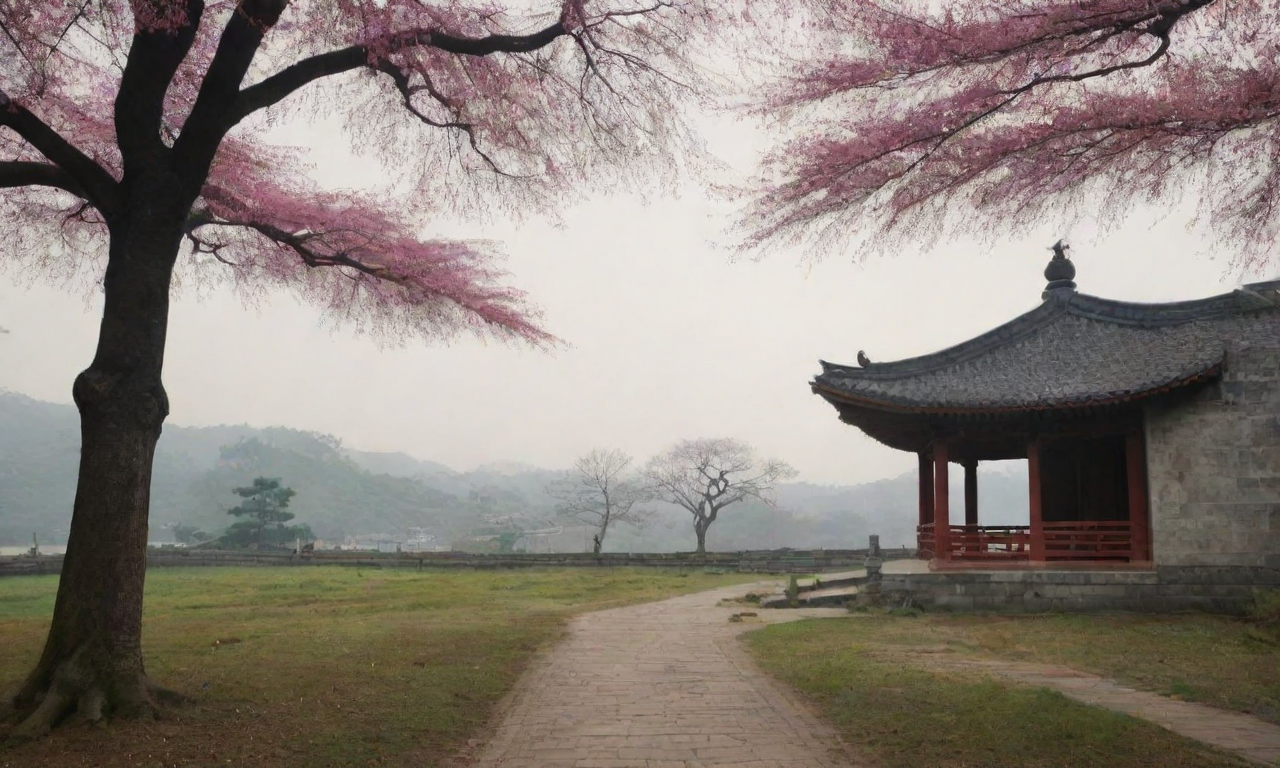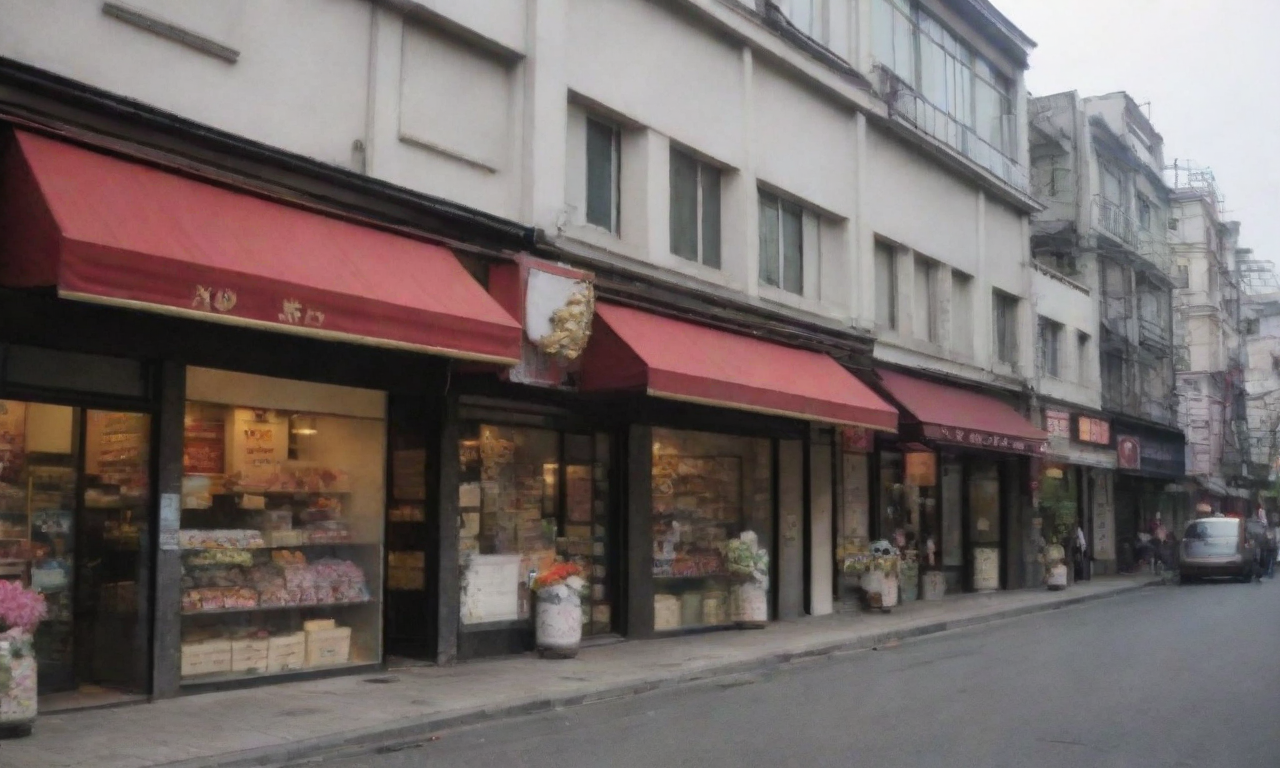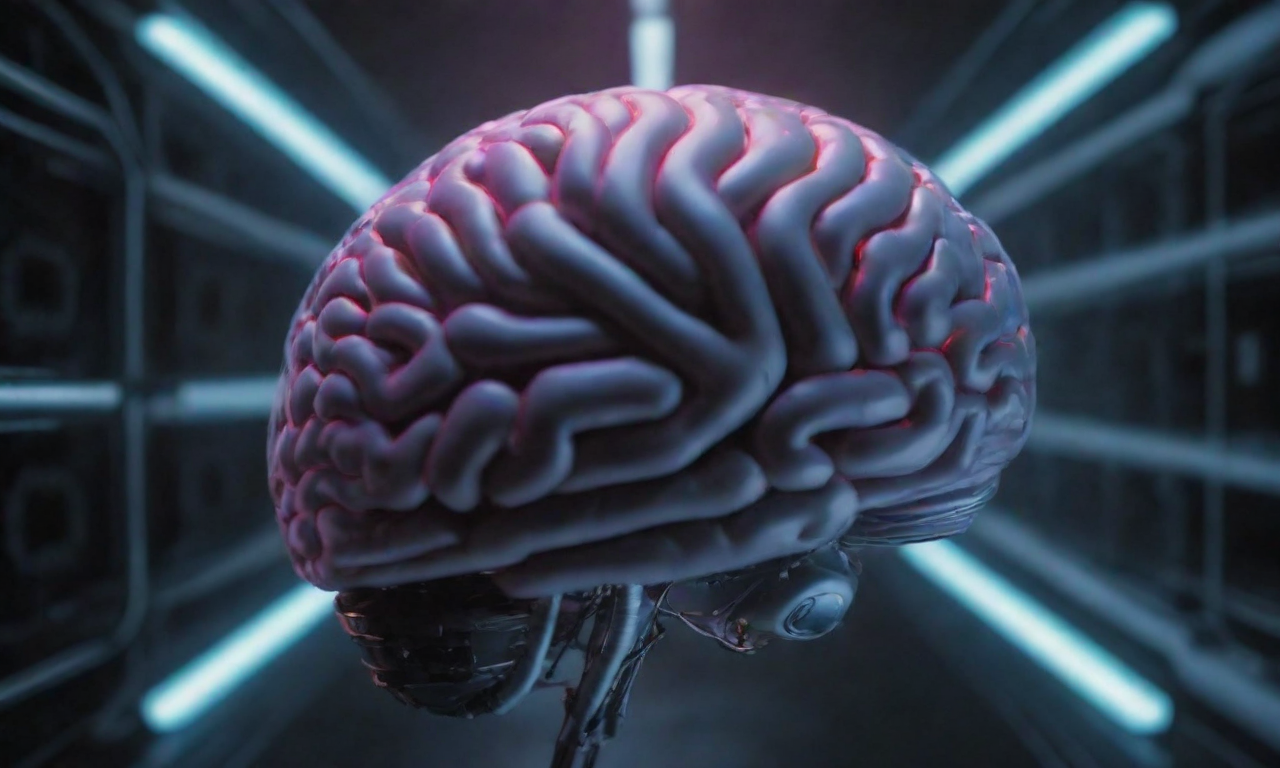"China Science Daily" Intern Reporter Jiang Qingling Reporter Li Chenyang
"Thank you, Teacher Ke'ai, for your report...no, I mean, Teacher Long, ah no, greetings Teacher Ai Long..." This was an amusing incident that occurred not long ago in the Biomedical Pavilion at Tsinghua University. During the question and answer segment, a student temporarily could not figure out how to address the speaker on stage—Ke'ai Long, a tenured professor from Cornell University in the United States. The presenter of this lecture was Liu Junjie, a researcher at the Beijing Advanced Innovation Center for Structural Biology. An old friend of Ke'ai Long, he reflected in his opening remarks: "More than 20 years ago, Teacher Ke became famous for his research on HDV ribonuclease. Since then, he's been a prominent figure in scientific research. However, I didn't expect his name to become 'hot' once again recently." Laughter rippled through the audience at the scene.
Ke'ai Long has been deeply involved in the field of RNA biology and has achieved a series of results in deciphering the molecular mechanisms of the CRISPR-Cas immune system, and is committed to advancing the translation of these findings. Over the past few years, he has published more than 50 papers in prestigious journals such as "Nature," "Science," and "Cell," holds key patents in CRISPR-Cas and related fields, and was awarded the Cornell University Provost's Award for Research Innovation in 2018 and the RNA Society's Mid-Career Award in 2019. This trip was Ke'ai Long's first return to China after the end of the COVID-19 pandemic. Besides visiting relatives, he also gave lectures at well-known domestic academic institutions such as Fudan University, Tsinghua University, the Institute of Genetics and Developmental Biology of the Chinese Academy of Sciences, and Tianjin Medical University. Unexpectedly, this name, which has appeared on top journals multiple times, became an internet sensation due to its "cuteness." In an interview with "China Science Daily," Ke'ai Long confessed that this was the first time he received widespread attention because of his name, expressing a preference for his scientific research to be the focus of interest.
"Visiting relatives" turns into "academic tour"
"China Science Daily":During your recent visit, you gave multiple lectures at top universities and research institutes in China. What does this academic exchange mean to you? Were there any moments that made a lasting impression?
Ke'ai Long: My last trip back to China was in 2018, and the main purpose of this visit was to visit relatives. Initially, I only agreed to give one talk at Fudan University, but subsequently, I received many more invitations, so I added a few more lectures on a whim. What started as a family visit became quite busy, but it was a very positive experience. I remember during the Q&A sessions, I mentioned the word "impressive" several times because the students asked many profound questions. During this time, I communicated with many scholars and found that domestic scientific research level has greatly improved and developed very well.








